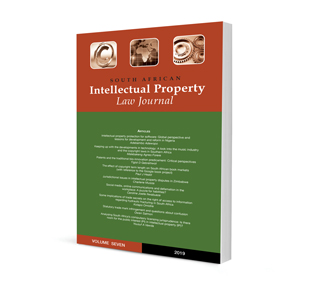Abstract
Nigerian fashion entrepreneurs are finding the market increasingly appealing due to the growing viability of small and medium-size enterprises (SMEs) in the fashion industry, particularly online retail fashion stores, and the easy accessibility of the Internet and digital media. However, with intellectual capital being the hallmark of the fashion industry, the nearly constant violation of intellectual property (IP) rights is a threat to the fashion sector’s continued existence and profitability in Nigeria. Fashion businesses are thwarted by an antiquated IP regime and the conflicting decisions of the courts on infringement cases which continue to frustrate the marketing of fashion brands on social media. This study used a descriptive and analytical approach, relying on both primary and secondary data, to analyse and assess the laws available for the protection of fashion designers’ intellectual works. The study also considers the various developments in fashion IP protection in more advanced countries, such as the United States and in the European Union, and makes practical recommendations to support the growth of IP law, fashion legislation and the Nigerian fashion industry in the digital economy.

